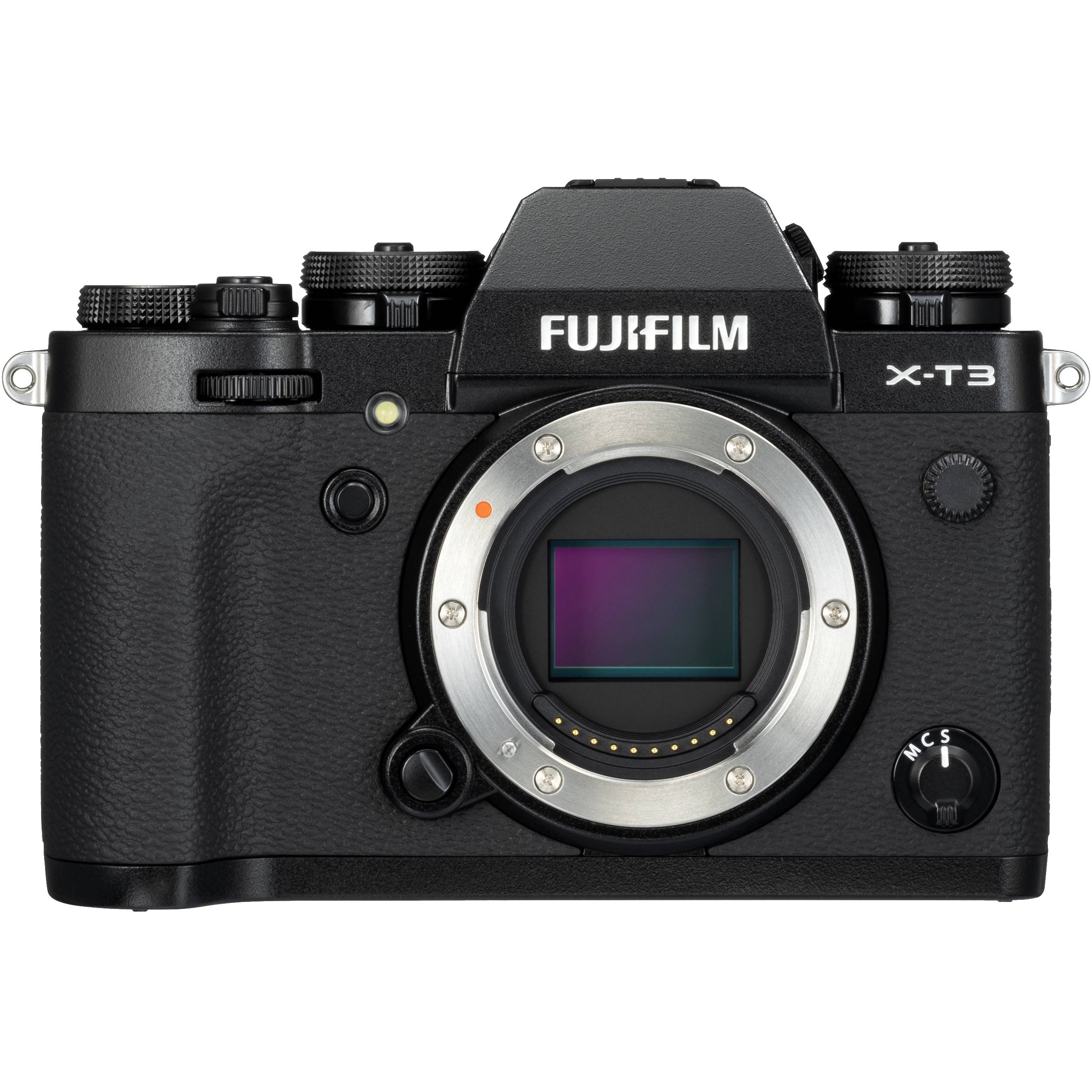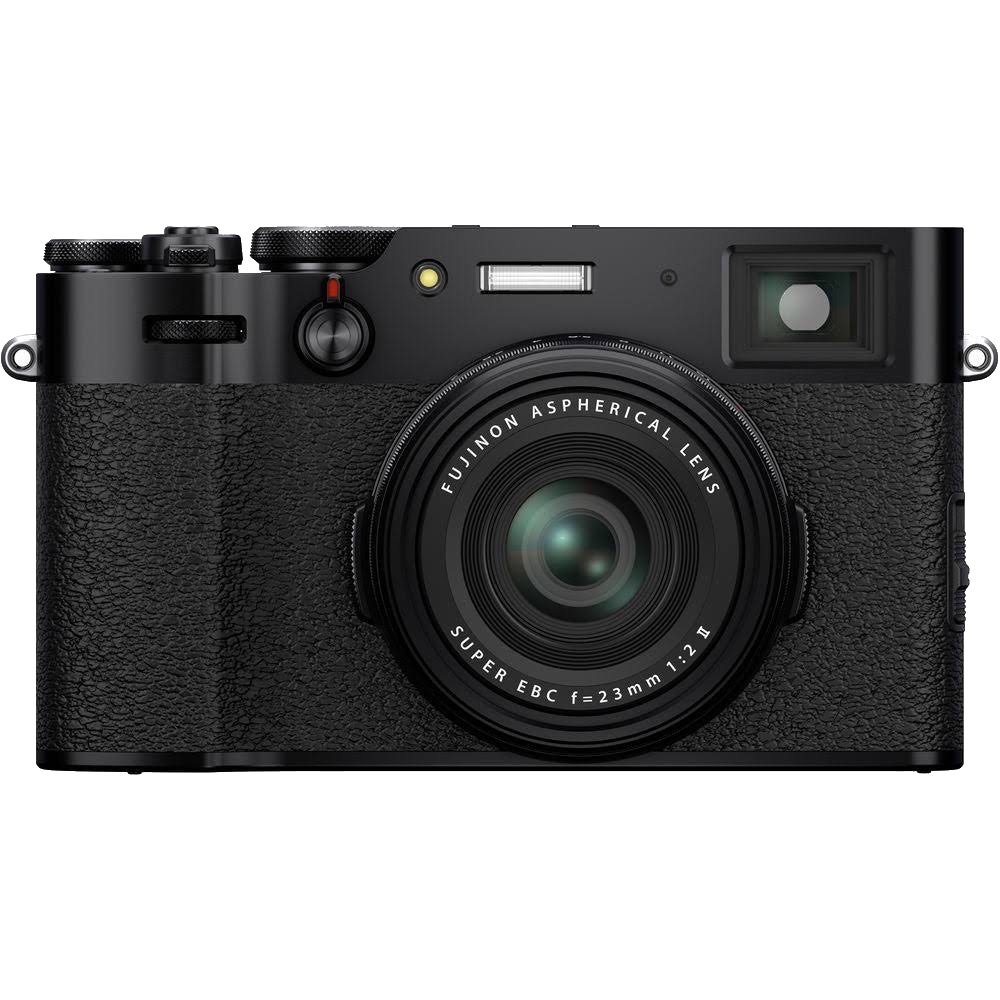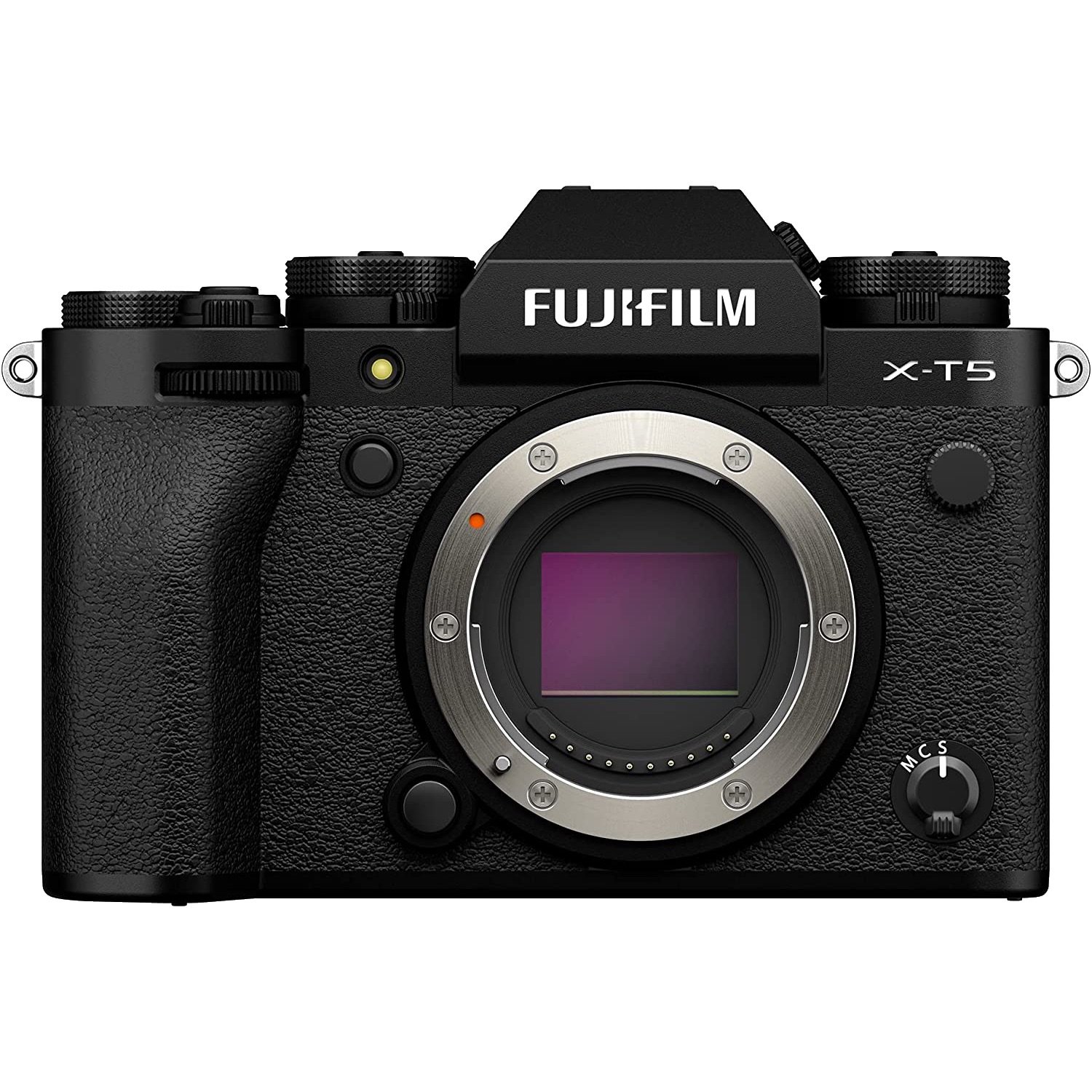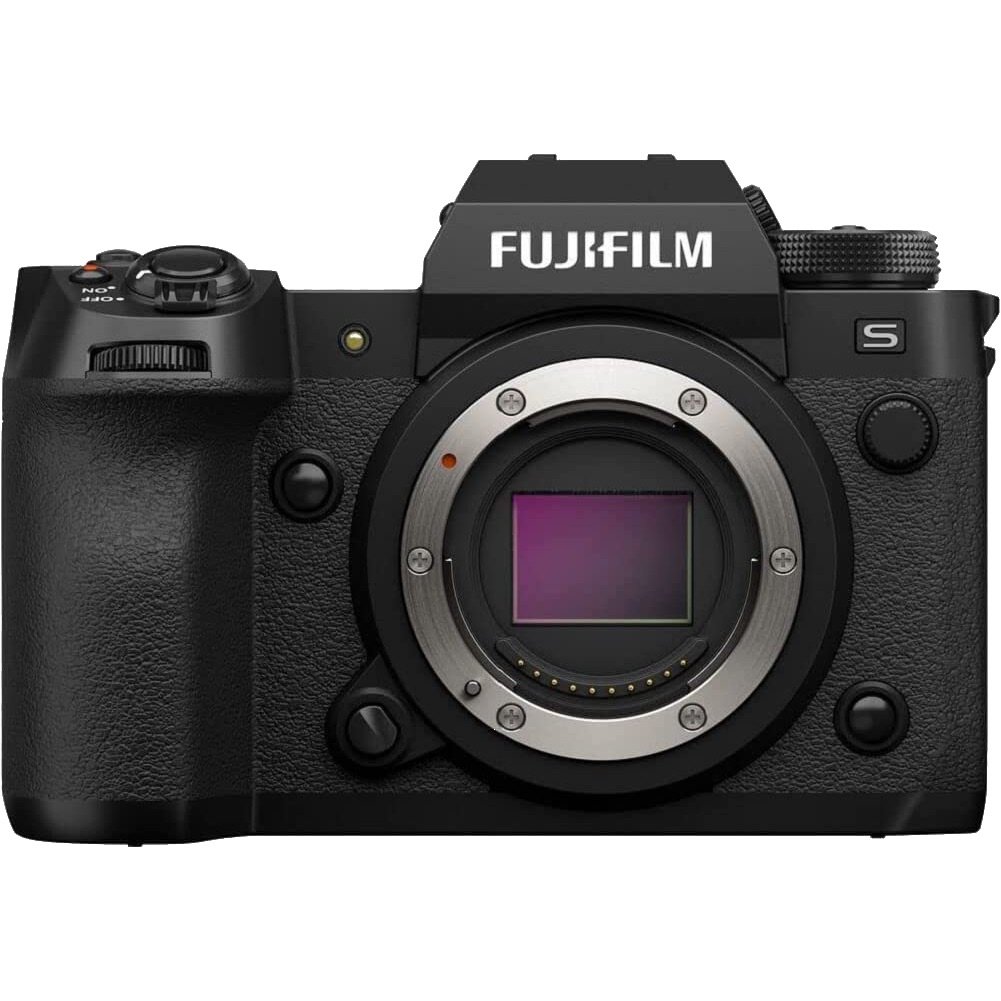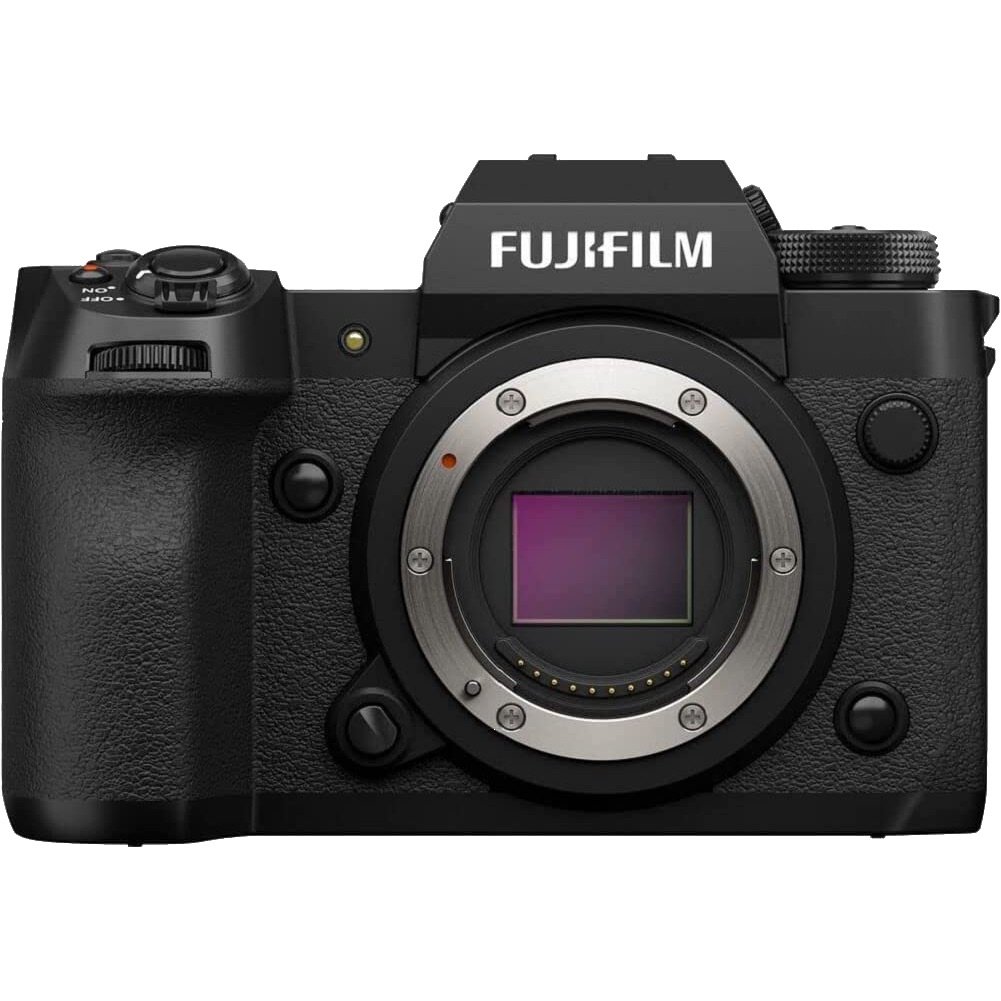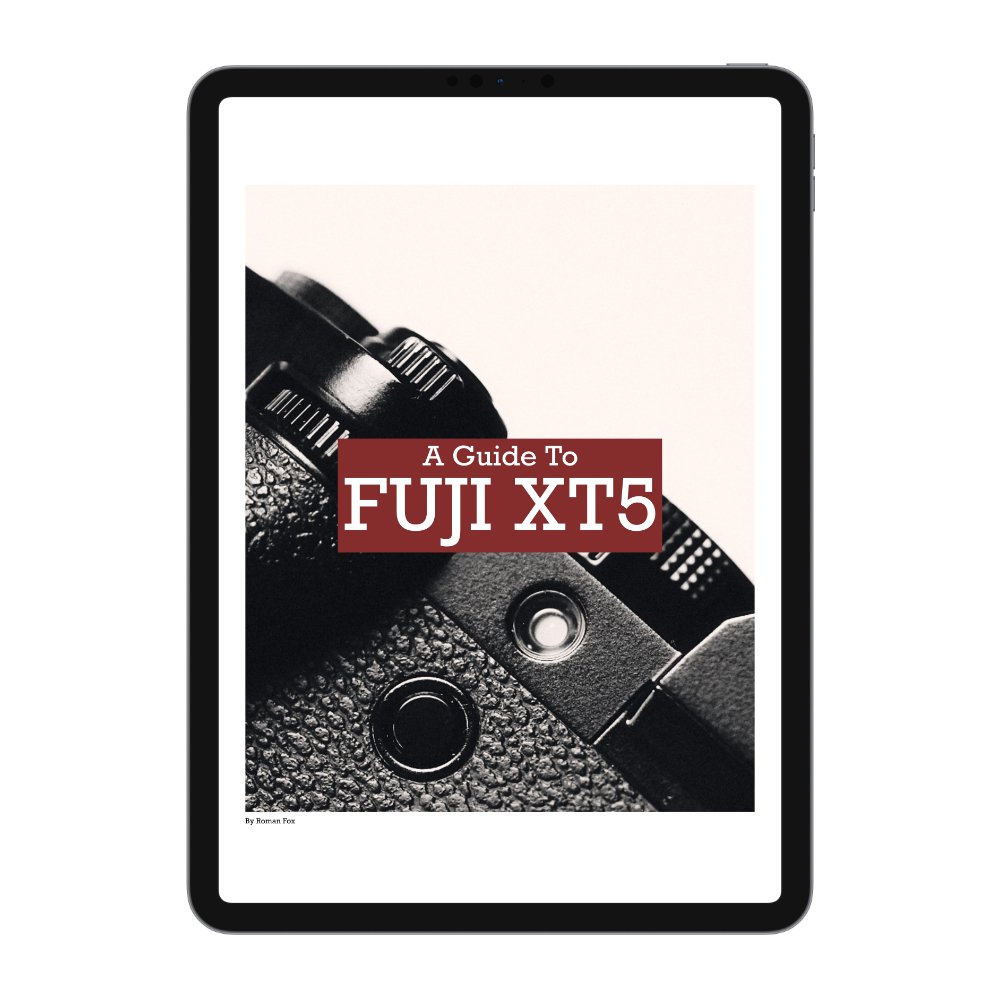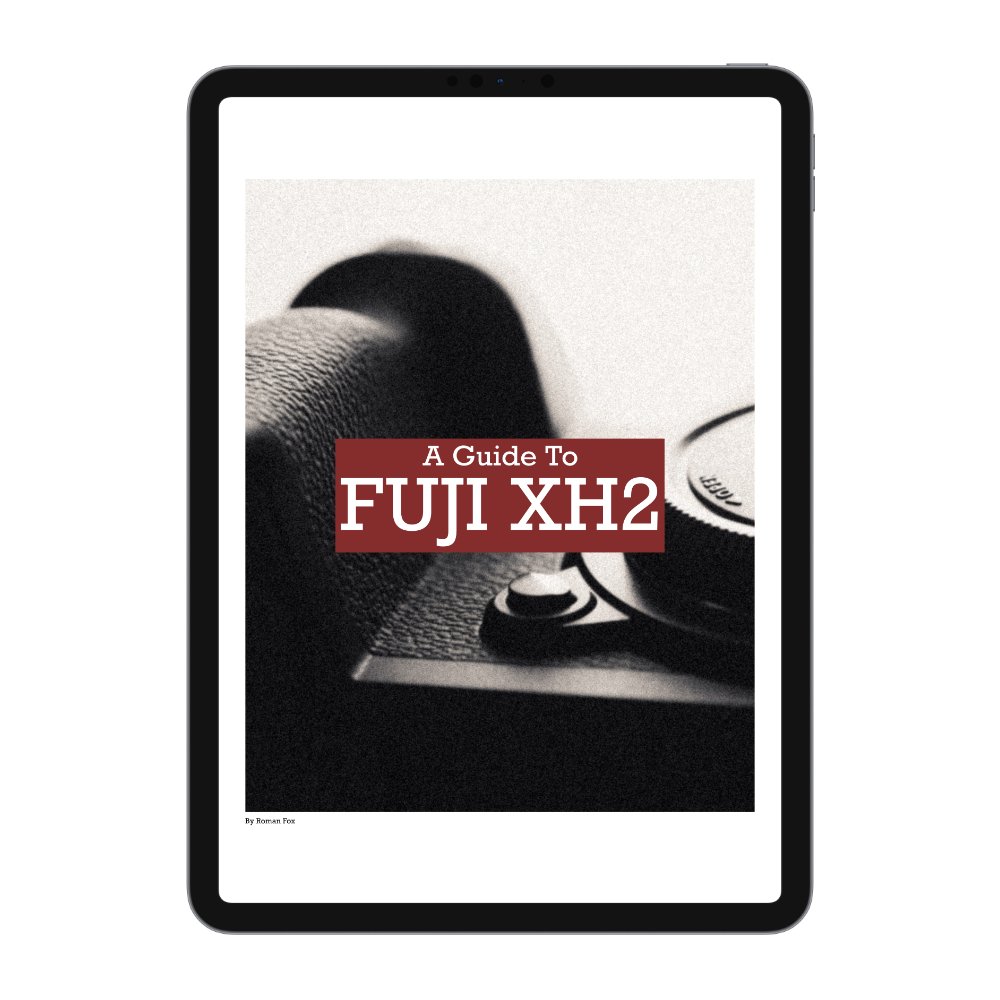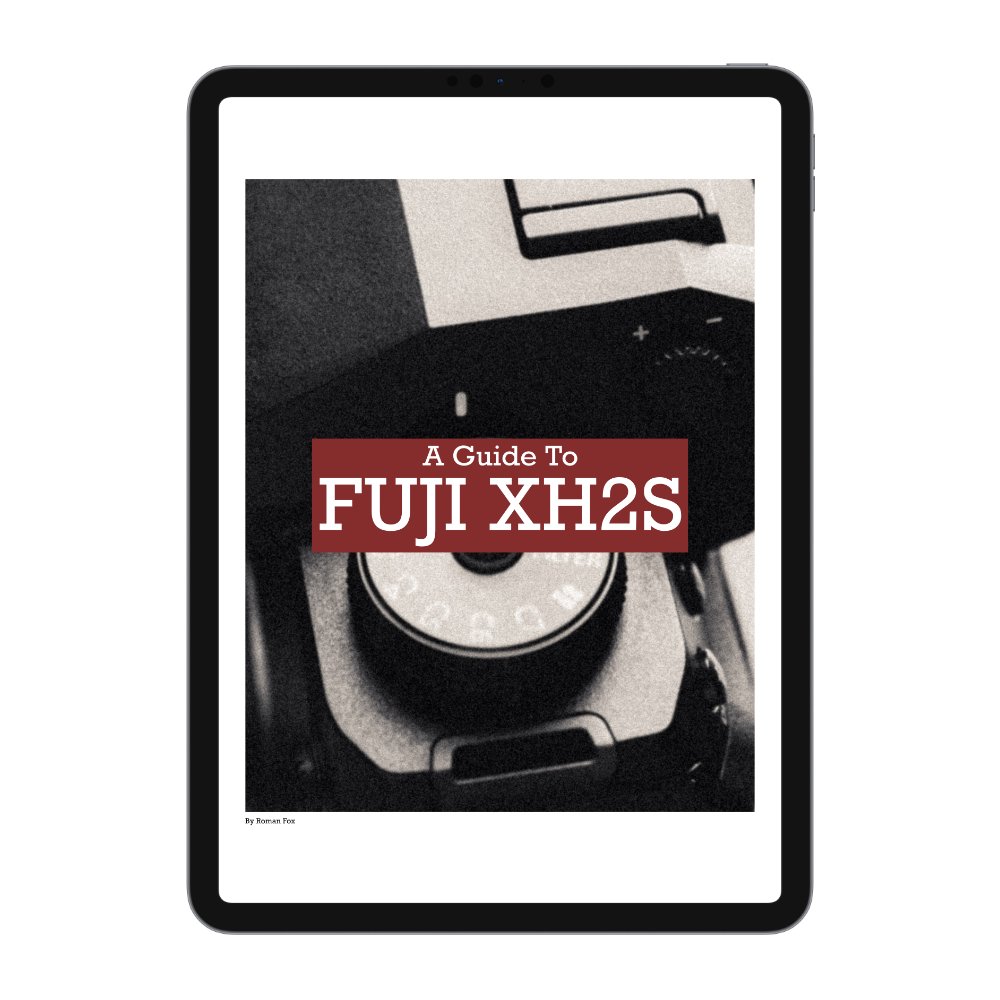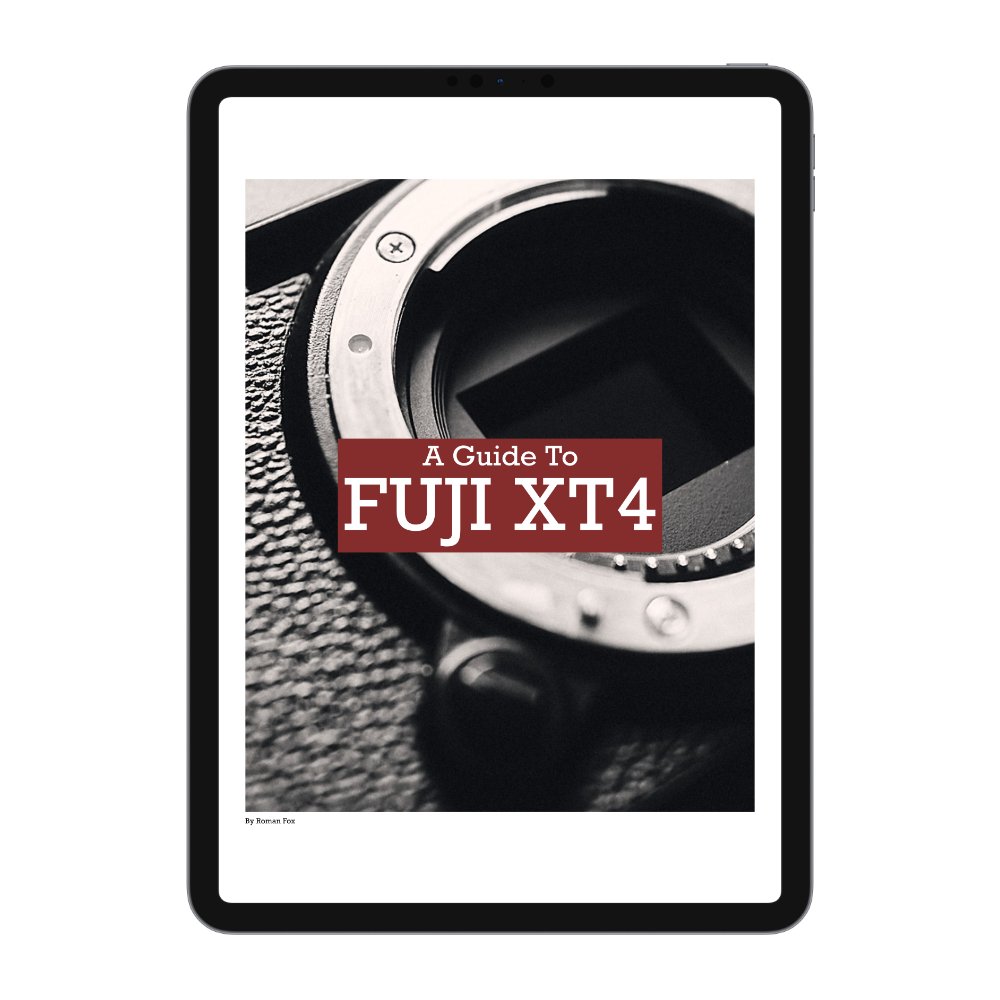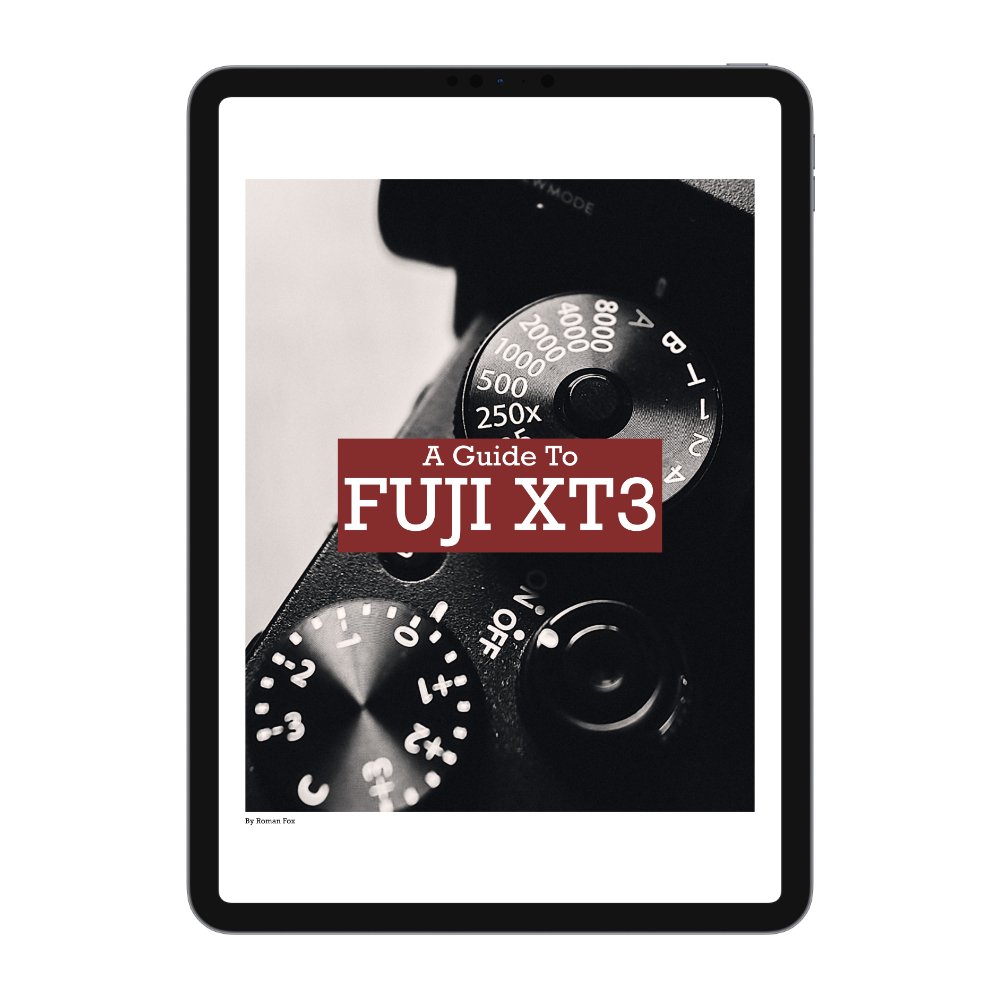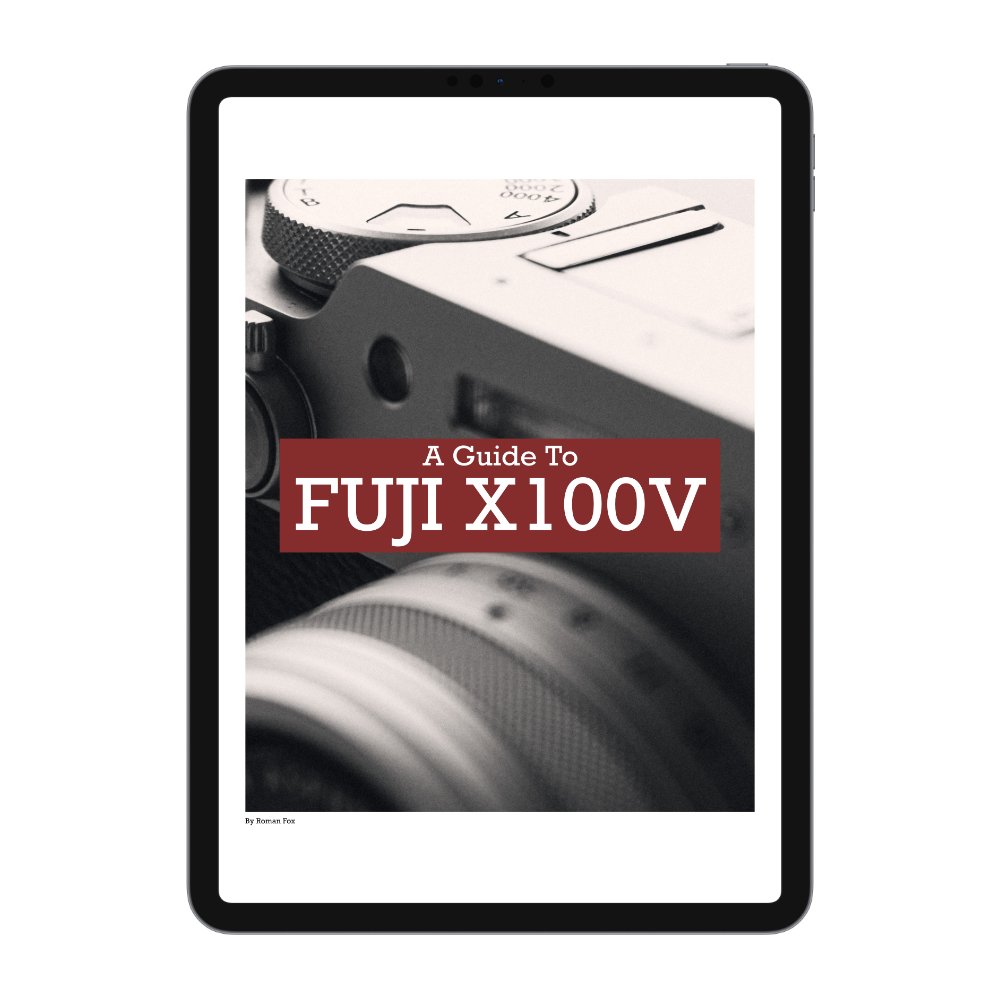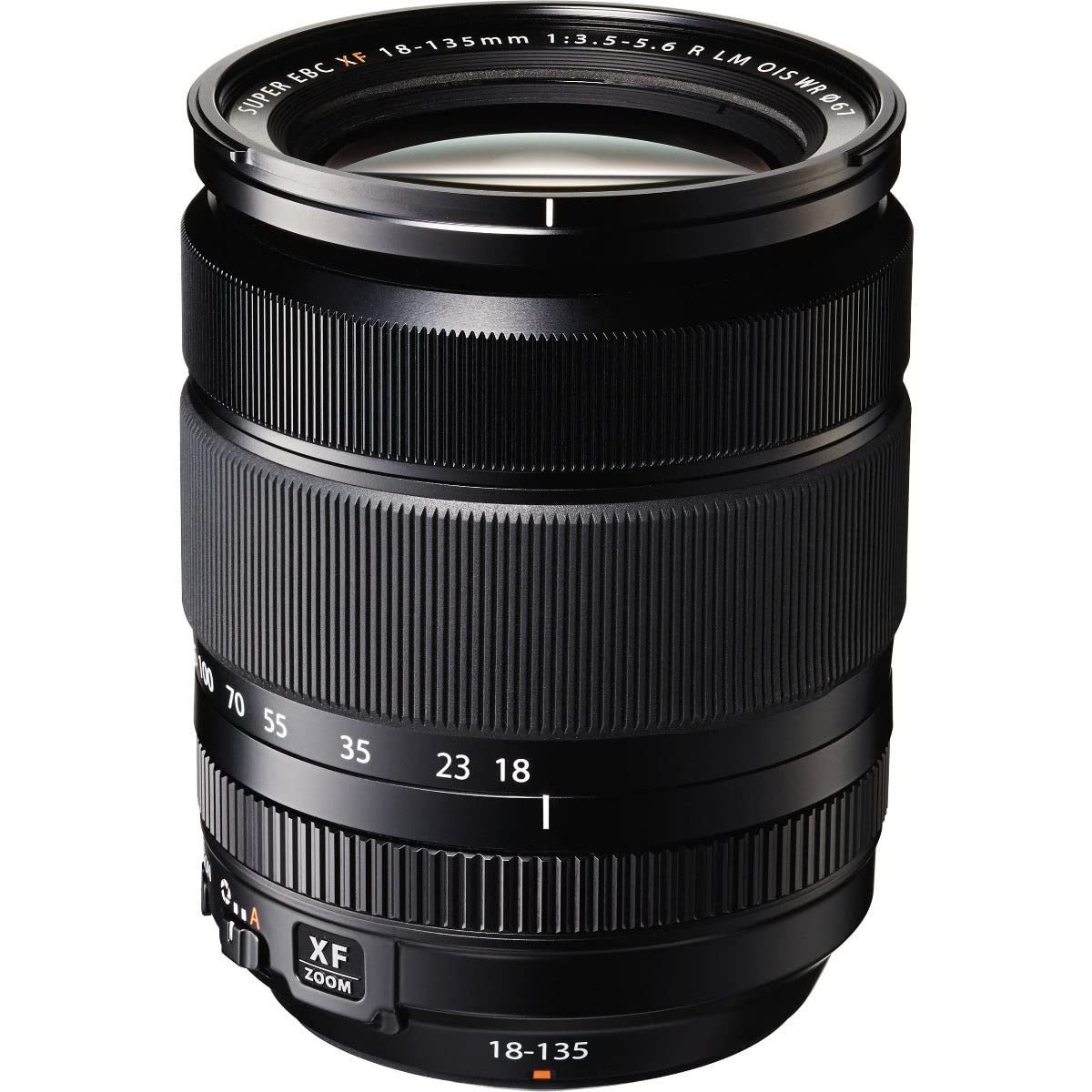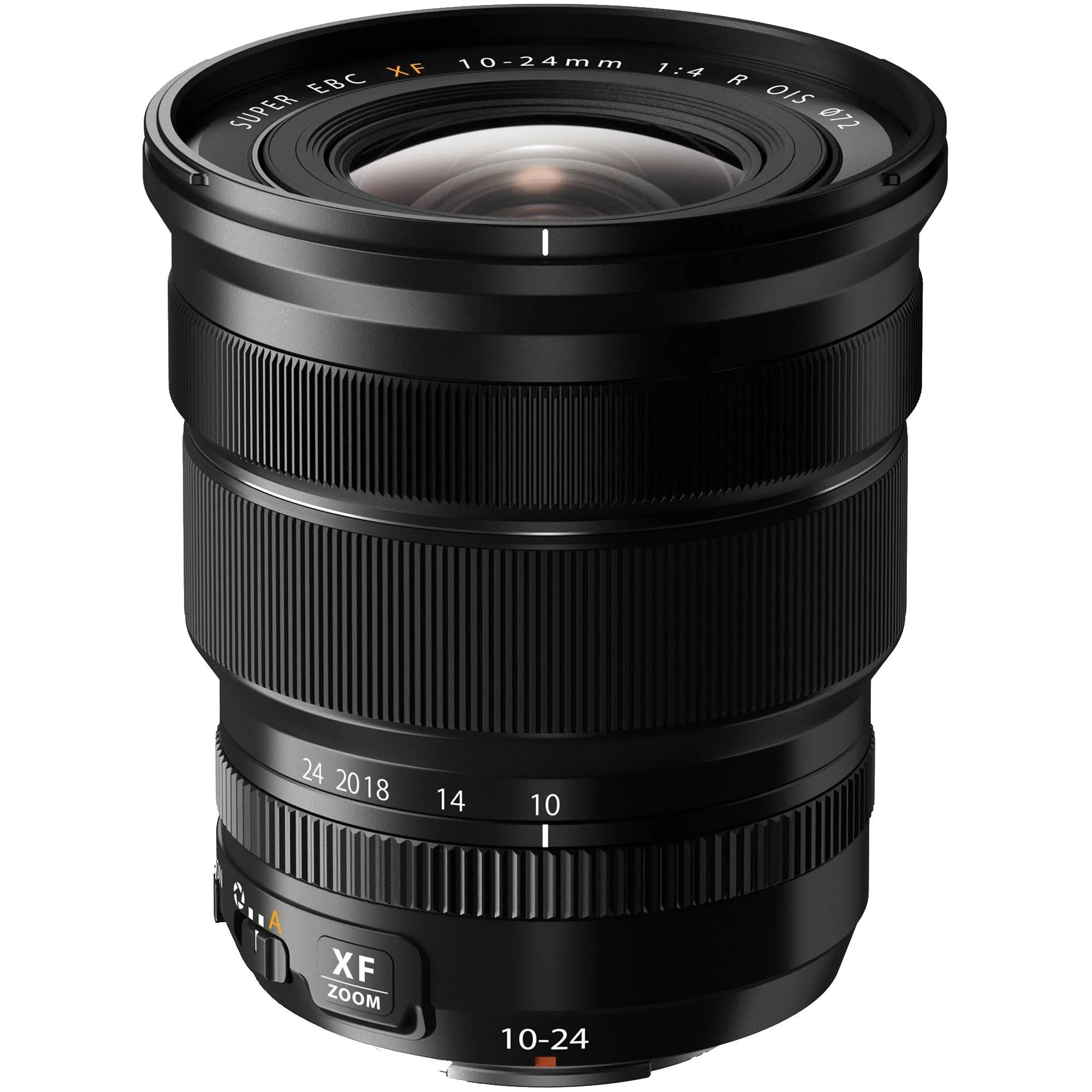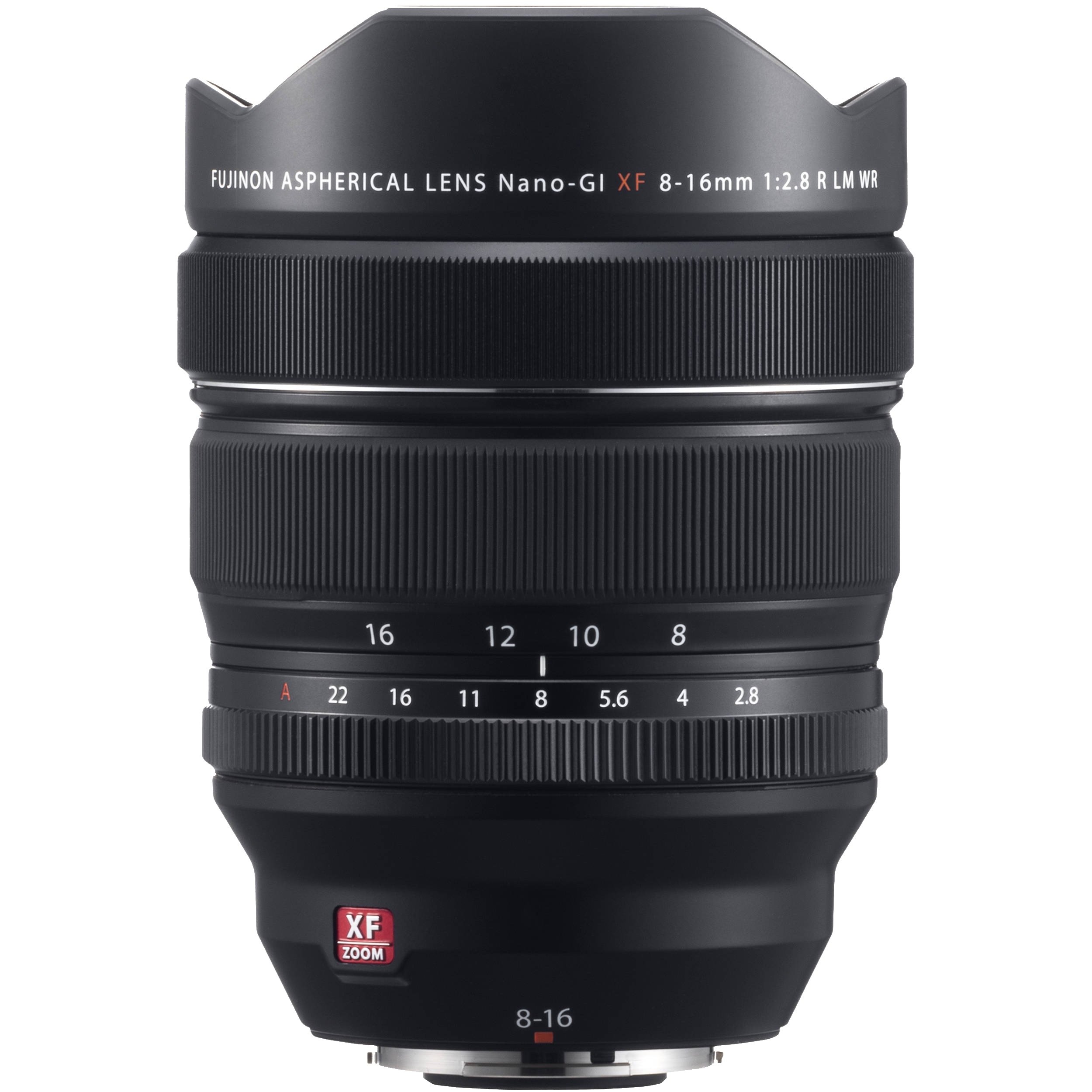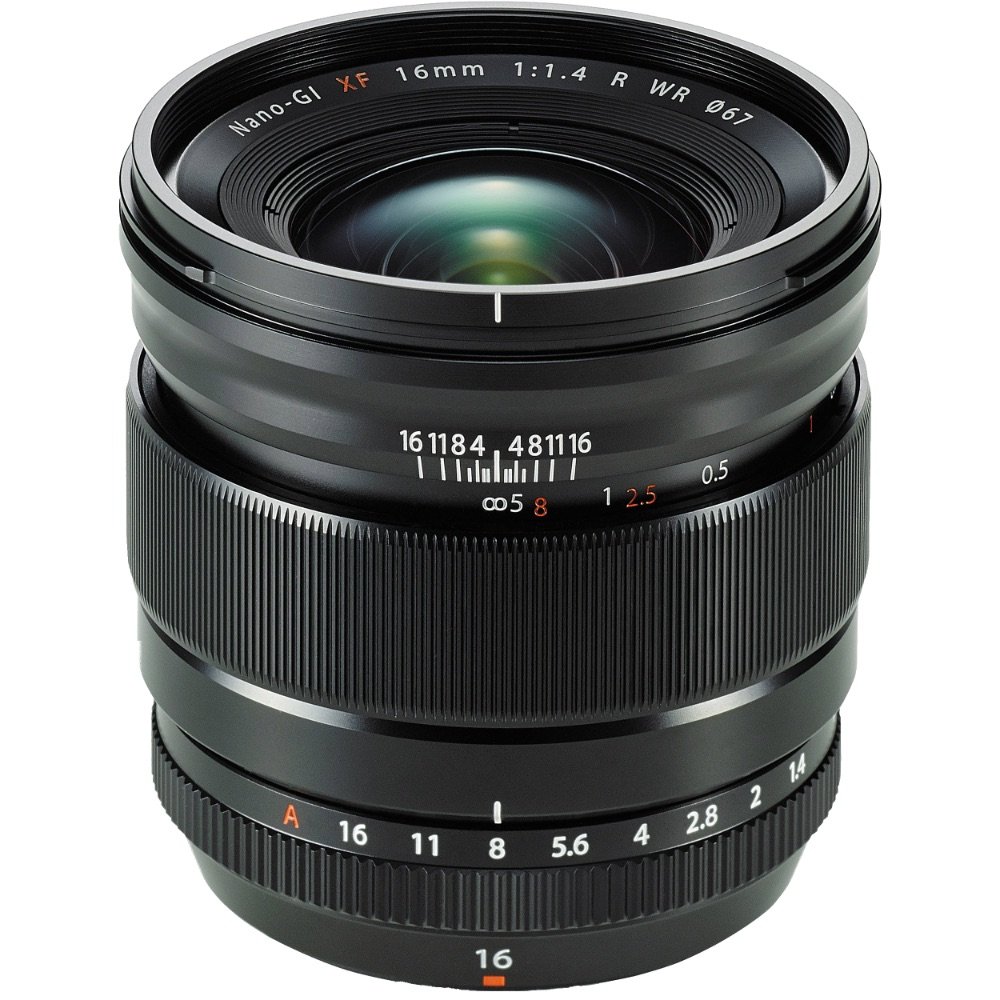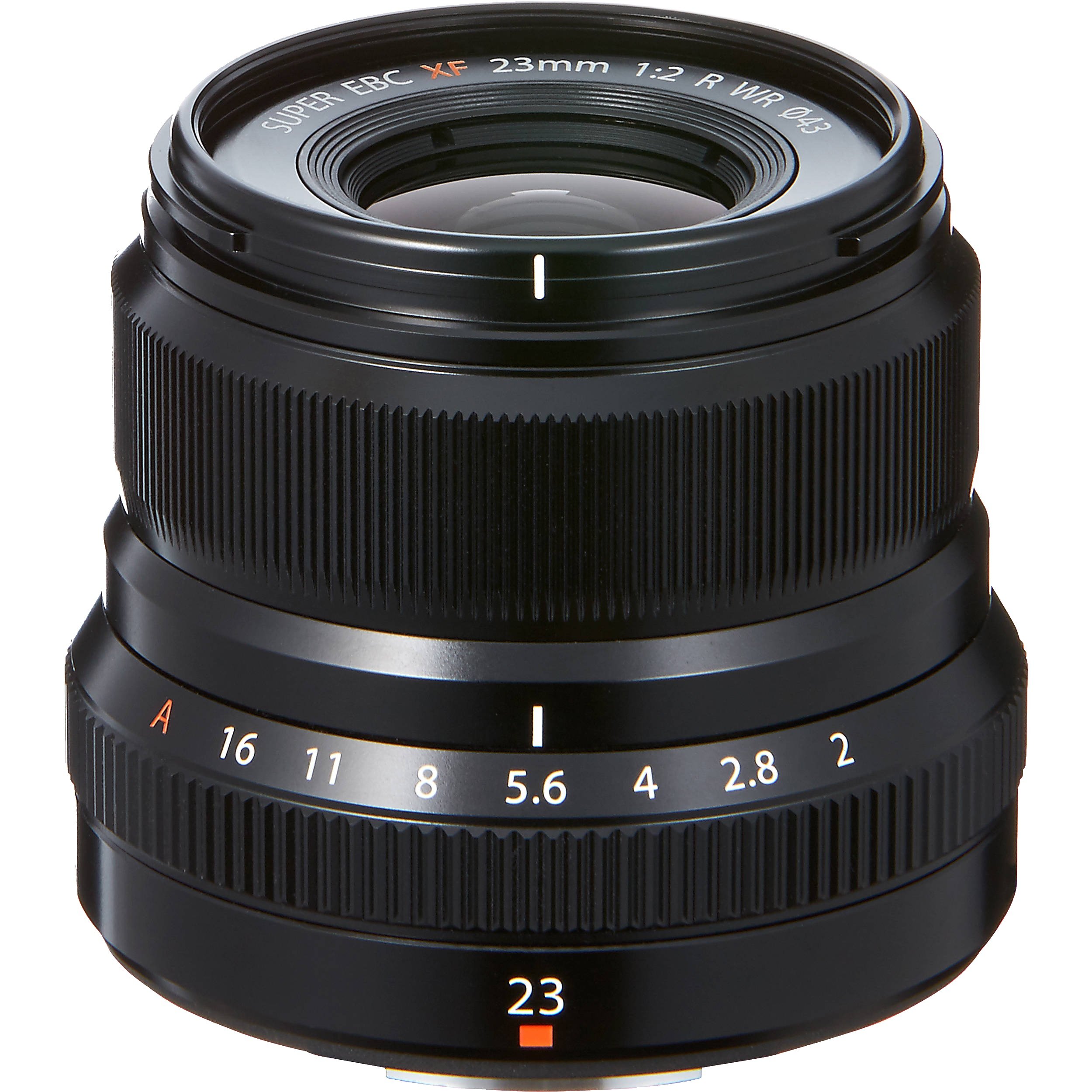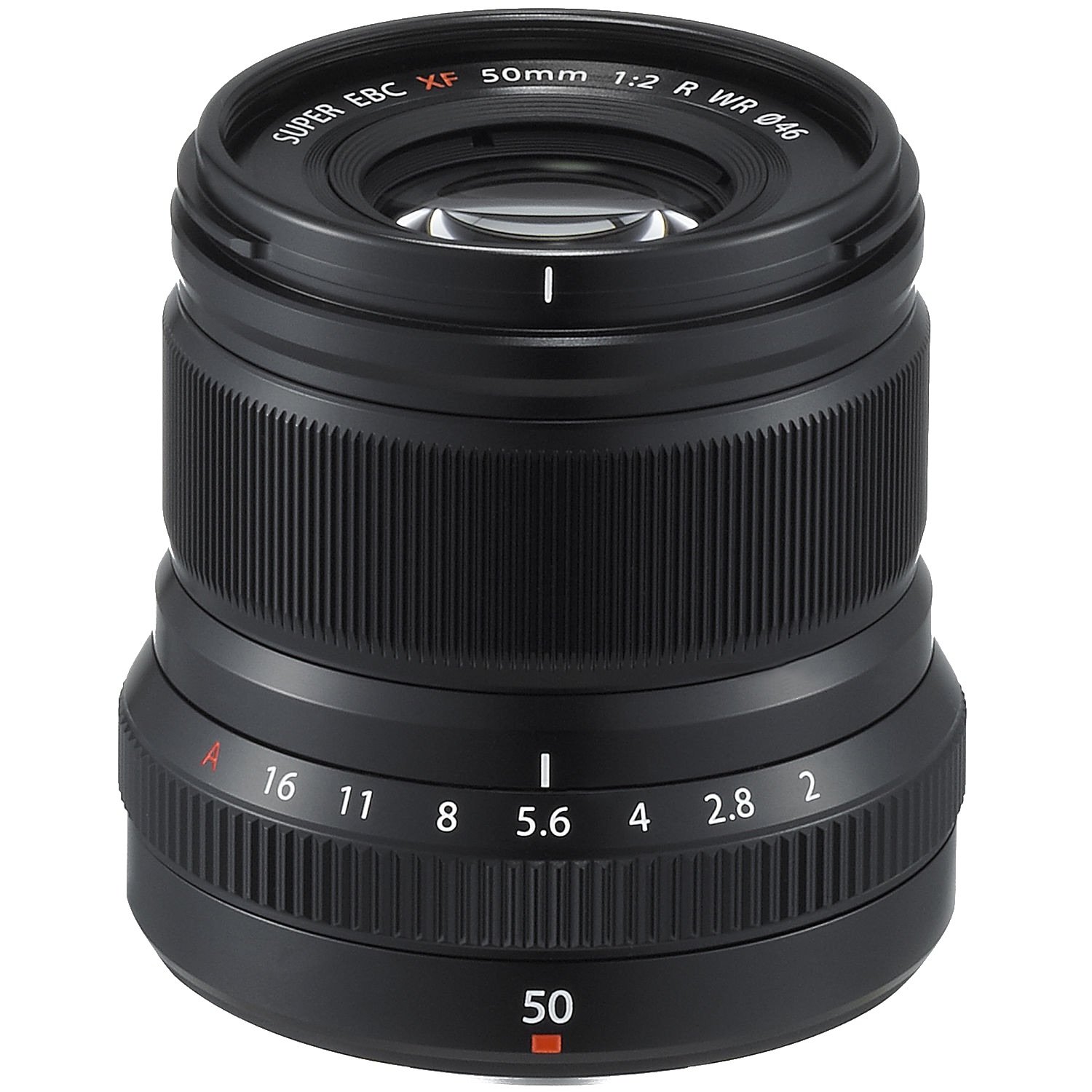Rating Every Fujifilm Camera & Lens I Owned
Over the last 5 years I have owned a ton of different Fuji gear and in this blog I will review all of it. I will cover camera bodies, prime lenses and zooms. I will share reasons for buying, selling and my general thoughts on each item. I will also share what I would recommend and what I would avoid.
The Important Bit
As always with gear blogs I need to start with a few general points for context. I have been using Fuji cameras since late 2018 for all my photography and YouTube. If you are new here, I do street, travel and some nature photography.I have never been affiliated with Fujifilm nor is it in my interest to sell their products. All the gear you will see here has been purchased with my own money. Nothing has ever been loaned to me and I don’t have any special privileges over anyone else. Also please keep in mind this is just my subjective option. You might have a different one and that’s totally fine.
Affiliate Links
If you click on each image, it will take you to Amazon / B&H where you can purchase this item if you wish. It costs no extra for you but gives me a small % of the sale to help support this ad free blog.
Rating Scale
I will rate the gear based on the scale of 1-5 stars.
1 means I really didn’t like it and would never recommend it.
5 means I loved it and would recommend to everyone.
3 is so so.
2 and 4 are, well you get the idea.
Fujifilm XT3
This is where it all started for me as the XT3 was my first ever Fuji camera. So although I am trying to remain objective, this camera is quite sentimental to me. With that said, I still think that this is one of their best cameras for photographers. From the screen, compact size, top dials and even a dedicated photometry dial. The image quality is outstanding and for 99% of people the autofocus and performance is more than good enough. I still recommend this camera even today given the amazing value and if you’re in the market for a Fuji, this is a good starting point. Some negatives include a rubbish battery life and the top dials getting jammed up with sand or dirt thus requiring cleaning. Overall this camera gets 5 stars and I recommend it to everyone.
Fujifilm XH1
I had this camera for about a month and honestly I hated it. At the time I got it because I wanted a second backup body and a more video centric camera. However I quickly realised that the video specs of the XT3 were superior and the IBIS at least for video was borderline unusable. The camera was also huge with crap battery life. I know many people loved it but I honestly it wasn’t for me. I used it for one NYC trip and that was enough for me to never touch it again till it sold. Can’t tell you much more than that and this camera gets 1 star.
Fujifilm XT4
The XT4 was a nice upgrade to the XT3 but not for everyone. First up adding IBIS and a bigger battery was a huge welcome. This allowed longer shutter speeds in low light and the ability to not carry as many spare batteries. However the screen went from a photo focused tilt to a more video focused fully articulating one. For me this was not an issue and if anything a welcome change given the YouTube channel. Equally the photometry dial now became the photo / video dial. Overall this was a more hybrid focused camera with marginal performance and AF improvements over the XT3. Personally it worked for me given YouTube however if I was strictly a photographer, I would have saved the money and stayed with the XT3. It’s a great camera and if you are a hybrid shooter starting out, this is an option I recommend to this day. I give it 4 stars.
Fujifilm X100v
I did own an X100v just before it went crazy. It was beginning to sell out everywhere however I managed to get my hands on one to see what the fuss was about. To be honest I was neutral on it. Sure it looks great as a fashion accessory, on a coffee table and in a YouTube thumbnail. It was simple, fun to use and seemingly compact. However after three months I sold it. I found that for it to be totally weather sealed, it needed a lens cover which added to the size. It wasn’t that much smaller than an XT3 with a pancake. The lack of grip made it uncomfortable. The autofocus was slow. Battery life wasn’t the best and generally I always gravitated towards my XT4 with a small 23mm f2 prime. For the price it was not worth it back then and definitely not for the inflated prices that followed once it became more popular. For those reasons I give it 3 stars if you pay below the retail price, however 1 star if they are still selling above retail.
Fujifilm XT5
The XT5 was an upgrade from the XT4 and I feel is where Fuji got back on track with a more photo centric camera. Higher resolution sensor, smaller body and a return to the tilt screen all have proved great. The camera feels great in the hand, and it’s a perfect compact solution for most. The AF has been noticeably improved compared to the previous cameras, the IBIS is solid and the battery life is amazing. Many smaller improvements in the usability and video features are also here. The only negative is the reduction in build quality and cheaper material choices. From how the dials feel and sound, to how easily the body scratches. It feels like there has been a lot of cost saving yet the price has increased. It’s not a deal breaker but compared to an XT3, it’s noticeable. Overall great camera and I give it 4 stars.
Fujifilm XH2s
Initially I never thought I would get this camera, especially following my not so positive experience with the XH1. My first impressions were neutral. Although I loved the video quality, I wasn’t a huge fan of the size and the mode dial over the traditional Fuji top dials.
I also thought it didn’t feel like a Fuji. Very subjective I know. However as I got more involved with video, I became curious and when an amazing deal came along, I picked it up. I figured it would be my dedicated video camera with the XT5 being my dedicated photo camera. This is where things started to change. Once I really got to know the camera inside out, I found myself reaching for the XH2s more than the XT5.I found myself enjoying using the XH2s more and missing less shots. I overall found the XH2s to be easier to use, more intuitive, faster, more responsive and overall a better experience. I even fell in love with the larger grip and whenever I would go back to the XT5 I didn’t find it as comfortable as I once did. Finally I realised how much I prefer the mode dial over the traditional top dial set up. It’s not all perfect though. This camera is hideously expensive. By the time you factor in the CF Express card which you need to get the most out of it, you could spend nearly £3000. Although I can justify it due to video, for most people this is total overkill. So despite the fact that I love this camera and it’s my daily workhorse, I can’t recommend it to everyone and therefore would give it 4 stars.
Fujifilm XH2
The latest addition is an XH2. I picked it up for 2 reasons. First of all while I was writing the guide to the XH2s, I knew that there would be more XH2 owners. So I needed to get one and use it for a while to spot any differences for the guide. Secondly, I always have 2 bodies. This is my job and I need a backup. However should anything happen to the XH2s, I would be left with the XT5 which would be perfect for photos, but sub par for video. Therefore because I am 5050 between photo and video, it made more sense to swap the XT5 for the XH2. Most of the benefits of the XH2s seem to have carried over too. It’s quicker, better built and way more efficient to use. Considering it’s not much more than the XT5, I would actually say it’s better value for money. I give it 5 stars as I think out of all the current Fuji cameras, this is at the top.
If you own any of the cameras I just mentioned and want to get the most out of them, then may I suggest taking a look at my camera guides. I only make camera guides for cameras I have owned and used extensively. These guides are designed to get you up and running as quickly as possible and give you the same set up as what I use. If you want to learn more about your camera, save time and support this blog, this is the best way to do it. Thank you.
Fujifilm 18-55
This was the first Fuji lens I owned and it came bundled with the XT3. If you can get this as a bundle, I would go for it especially if you’re just starting out. As a bundle this lens is worth every penny, on its own, not so much. Great image quality, small size, OIS and one of the best “kit” lenses out there. However no weather sealing, no fixed aperture and not the best aperture ring are something to consider. If you get this lens as part of a bundle, then I rate it 4 stars. If you want to buy it alone, then 2 stars.
Fujifilm 18-135
I picked this up as I just wanted one lens for everything. This was at a time when I was still figuring out how I like to shoot so this would have allowed me to find my focal length, so to speak. I didn’t keep this lens for long and I didn’t enjoy using it. It was big, heavy, useless in low light and image quality left a lot to be desired. Good lens for experimenting with different focal lengths or if you just want one lens for the rest of your life. However poor in all other factors I feel. I give it 2 stars.
Fujifilm 10-24
This was my first intro into wide angle lenses and to be clear this is the older 10-24 without weather sealing or a proper aperture ring. This lens was fine. I didn’t use it much for photos as it was mostly for video. The image quality was fine, it was compact and if you preferred to shoot wider, it was a great choice. Having it zoom in to 24mm also allowed it to be a great street photography lens too. However at f4 it was useless in low light and the AF was a bit erratic in video. For those reasons I give it 3 stars.
Fujifilm 16-55
This is by far my most used lens for both photo and video. It’s expensive, big and heavy but the build quality and reliability is outstanding. This lens has been through every storm, it was drenched in sea water, it was jammed full of sand and everything in between. All it needed was a service and it was good to go again. The image quality is on par with some of the primes and if I have no idea which lens to bring, this is the first choice. However the size and weight is starting to get tiring now especially as other brands are getting smaller and lighter. For example the new Sigma f2.8 18-50 is half the size and some full frame alternatives are not much bigger either. So as much as I love this lens, I am starting to use it less and even considering swapping it for the new sigma. If however you’re not fussed about the size, then this is still one of the best zooms for Fuji cameras. I give it 4 stars.
Fujifilm 50-140
The 50-140 is a niche lens and is by far the biggest and heaviest one of the lot. It’s not for everyone and matter of fact for most people a more compact telephoto is going to be a better option. I personally got it for nature photography and because I love a telephoto look. I also wanted the ability to shoot in low light, something that other telephoto zooms just didn’t offer. I have used this lens extensively and it got me some of my favourite photos that would physically be impossible to get otherwise. Although I use it rarely, I will not sell it. Finally I also have the 2x teleconverter that only adds to the versatility. I give this lens 4 stars.
Fujifilm 8-16
This is a strange one because the only reason I got this lens is because I somehow managed to stack multiple discounts and save over £500 meaning if I were to sell it, I wouldn’t lose much. Out of all the lenses, this is the one I have used the least. At 8mm everything looks weird and distorted. It can’t take any filters without crazy adaptors. It’s bigger than many full frame zooms. It’s heavy and extremely expensive. However if you’re really into ultra wide photography, the image quality is outstanding. I have found that around 18mm is the widest I ever go so this lens has been mostly unused and will probably be sold. If you’re a die hard wide angle fan and want the best, I give this lens 4 stars. For every one else, it’s 1 star.
Fujifilm 16 f1.4
I purchased this mostly for talking head videos however quickly learned that the older AF motors are not the best for video. I then tried to use it for photography but honestly for me it’s a little too wide. However if you like that focal length and you like to shoot in low light, this lens is incredible. Amazing image quality, super close focusing distance and if you’re into manual focus, this lens is great. Overall I would give it 4 stars.
Fujifilm 16 f2.8
After selling the 16 f1.4 I picked up the f2.8 in the hopes of it becoming my video lens. It is tiny, well priced and has great image quality. Unless you’re mostly shooting at night, the f2.8 aperture is plenty. It’s weather sealed and has improved AF motors over the bigger version. If you like to shoot wide and don’t need f1.4, this is a no brainer. Great little lens and it gets 5 stars.
Fujifilm 23 f2
When I first got into primes, I picked up the 23mm f2. The intention for it was to be my establishing wide angle lens as well as something I can just throw on and go for a walk. I mostly used this lens to document and over the years I got some of my favourite photos on it. Despite many critics, I thought the image quality was fantastic. The size and weight made it pocketable. The price is affordable and the weather resistance was a welcome bonus too. The AF system was great for photos but for video I did find it a little jerky. That was on an XT4 though, perhaps on the XH2s it would behave differently. I will have to test it out. At f2, this is more suited to daytime shooting however in well lit cities, you could get away with using it at night. Overall this is an amazing lens that I would recommend to everyone. 5 stars.
Fujifilm 35 f2
This will be quick and everything I said about the 23mm also applies to the 35mm. Added bonuses are an even smaller size and slightly lower price. One of my favourite fuji lenses ever. Easy 5 stars.
Fujifilm 50 f2
Same as with the previous two f2 primes, the same applies here. Of course it’s a tiny bit bigger than the 23 and 35 however it is still tiny for the focal length. Also I would say this is sharper than the other two. Combined with the 23 and 35mm f2, this makes for a perfect trio of travel primes. Easy 5 stars.
Fujifilm 18 f1.4
I picked up the 18mm for 3 reasons. First is because I was starting to enjoy shooting at night more and wanted a lens that opened wider. Secondly the better focus motors meant that this lens would perform just as well in video as in photo. Finally because I found that the difference between 18 and 23 isn’t huge, so on a higher resolution camera like the XT5 I could shoot at 18 and crop into 23 if I needed. This gave me more flexibility and allowed me to sell the 16 and 23 primes. Added bonus is that this lens is incredibly sharp. It’s not all great though as it is noticeably bigger than the f2 primes, a little heavier and way more expensive. The downsides are worth it to me but for most people, I am not sure. So despite this being an incredible lens, I give it 4 stars.
Fujifilm 33 f1.4
Everything I just said about the 18 applies here as well. The only difference being a slightly smaller body. Also when used with a higher resolution sensor, this can be cropped to a 50 and still have enough pixels for almost all purposes. As with the 18, this 33 is not for everyone and for most people I would suggest the 35 f2 instead. However if you like to shoot at night, want to use it for video with AF or just want the best image quality, this is worth it. I give it 4 stars.
Fujifilm 90 f2
The final lens is the newest addition and it’s the 90 f2. I originally dismissed this lens as I owned the 50-140 and never saw a need for it. However as I started to enjoy shooting telephoto in cities, I ran into issues with the 50-140. Main one being size and weight. I also found that although I loved the 50 f2 I used to have, I wanted something a little tighter. I tried the 90 for a day, found a good deal and pulled the trigger. Now around 7 months later I am totally sold. Sure, it’s not pocketable but for the image quality and the aperture, it’s not bad at all. I found it especially useful in crowded places like Venice and Valletta. At f2 I also found it acceptable at night, although the ISO does need to be pushed up. However despite me singing its praise, it’s also hard to recommend it. The price is high, it’s still pretty big and heavy and this focal length is not for everyone. Because of that, for most people I have to rate it as 3 stars.

